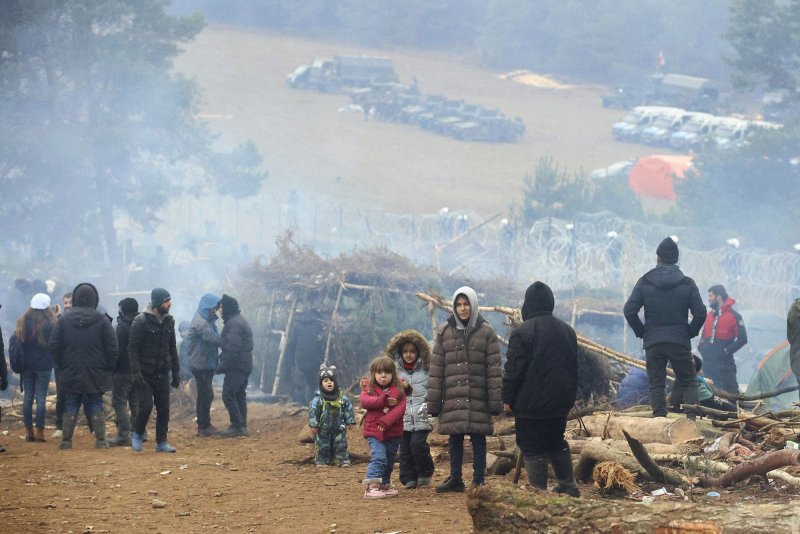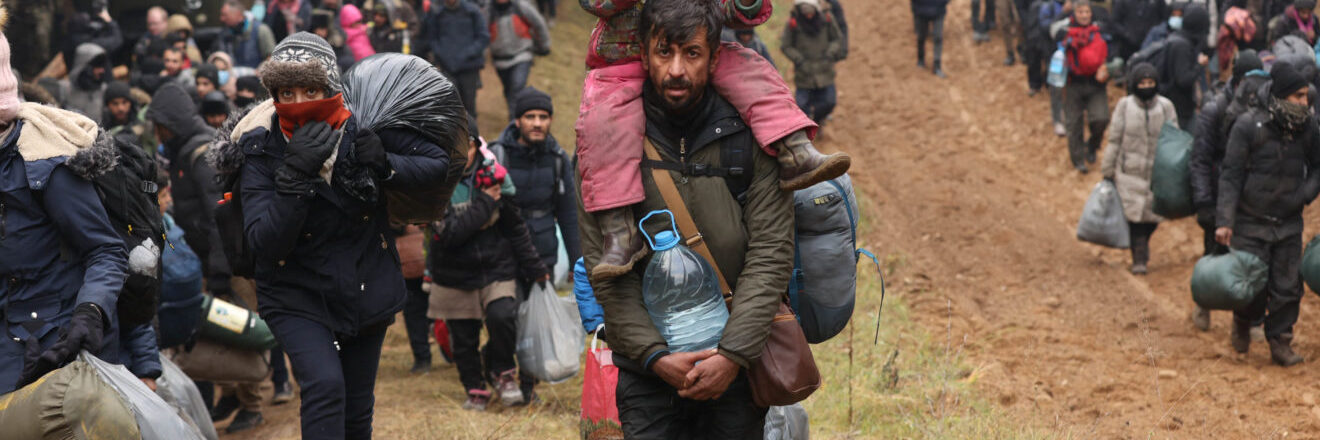If you’ve been paying attention to the news recently, you may have seen an uptick in news coverage revolving around Belarus and Poland. The two nations are currently at an impasse as thousands of migrants amass at the Belarusian border, with much of the blame being attributed to Belarus’ much-contested leader. As coverage ramps up and more information comes out, here’s some background information:
Belarus
The Republic of Belarus is an Eastern European country home to over 9 million people. Belarus itself is a landlocked country, bordered by Russia, Poland, Lithuania, and Latvia. While all its neighbouring nations (except Russia) are members of the European Union (EU), Belarus is not.
Since 1994, Belarus has been run by its first and only President Alexander Lukashenko. The nation has been referred to as “Europe’s last dictatorship” due to a lack of free expression and a history of persecuting journalists for their news coverage.
President Lukashenko was named the winner of the 2020 Belarusian presidential election, but the results have been widely disputed. Numerous countries—as well as the EU–have elected not to recognise the result of that election. The people of Belarus protested in the hundreds of thousands, resulting in mass arrests and leading the presidential challenger to go into exile.
The EU has since publicly denounced and sanctioned Belarus on the grounds of human rights abuses.

The Border Crisis
That brings us to November 2021. Thousands of migrants—largely from African and Middle Eastern nations—are piling up at Belarus’ border with Poland in hopes of seeking asylum in the EU.
Poland has responded by fortifying its border fence and largely closing off any opportunities for migration. Meanwhile, Lukashenko has been accused of manipulating migrants to swarm the Belarus-Poland border either to blackmail the EU back into a dialogue or to enact revenge for their numerous sanctions.
Russia, a close ally of Belarus, has also been accused of facilitating Lukashenko’s plans by enabling flights from the Middle East into Belarus’ capital, Minsk.
For migrants and asylum seekers looking for a better life in the EU, it’s been weeks of waiting. Thousands are left freezing and hungry, with some losing their lives after succumbing to the elements.
What Now?
That much is uncertain. The EU has made it clear that more sanctions are likely to come, but that may do little to abate the treacherous conditions faced by the many migrants waiting for asylum.
The Norwegian Refugee Council’s Jan Egeland told NPR that “both sides of this abject power play should take responsibility for these migrants, who are vulnerable people.”
“They are men, women and children that have now come in some kind of a political crossfire,” said Egeland.
“The European Union and Poland are obligated to hear the case of asylum-seekers. That’s international law. And Belarus and Russia have to stop using them as pawns on some kind of chessboard.”
Still, Poland’s defense minister has said it may be months before the situation may see any resolution. More is likely to come as the situation develops.
Please support us by liking and following this page so we may continue to publish impartial news coverage.





